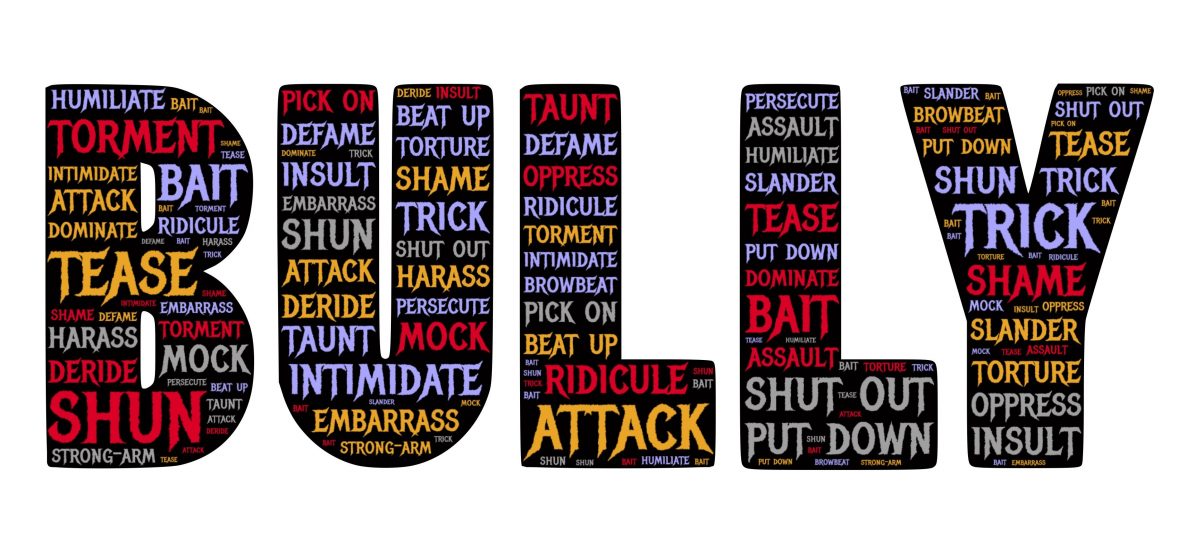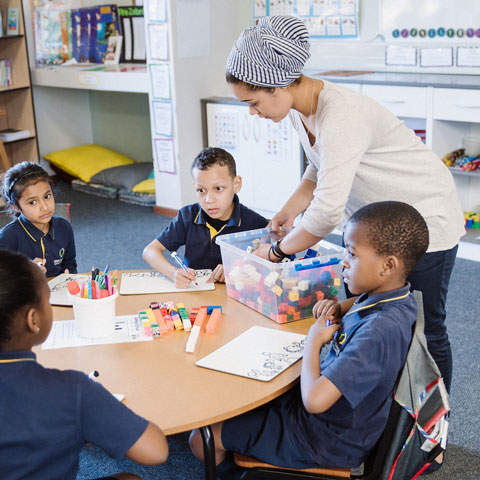The sad reality that is slowly starting to sink in about our childrens’ day to day experiences is that they are not only living through one pandemic that is shaping their futures, but they are also dealing with mental issues such as depression, anxiety and suicidal thoughts, often brought to light by the effects of bullying.
Imagine waking up in the morning drenched in anxiety and a feeling in your gut that pushes you to jump back into bed. A crippling feeling that persuades you that stepping out of the door will in no way bring you any peace. For a lot of adults, this is a feeling that we can all relate to or at some point in our lives have felt, but for most of our children, this is a reality that they live out daily simply because school no longer feels like a safe haven for them to hang out with their friends during lunchtime and engage in fun extracurricular activities after school. Due to the rising numbers of bullying in schools, more and more children refuse to go to school, but it seems like now bullying is something that they can’t escape even when they are in the comfort of their own home.
There was a time when bullying was simply something that children experienced physically or verbally from their peers but with the prolific rise of social media and apps such as Twitter, TikTok, WhatsApp etc, bully’s have found a new ‘playground’ for them to torture their peers.
According to a 2018 Ipsos Global Adviser study conducted in 28 countries, it was confirmed that South Africa topped the statistics for cyberbullying with 25% of parents reporting that their children have been cyberbullied.
With our children moving to online classrooms and hybrid models of learning, it is becoming more and more important to monitor what children are doing online as they spend most of their time in front of screens.
Studies have shown that some of the signs to look out for if your child is being bullied online are:
- Child appears edgy or nervous when engaging in online activities like receiving instant messages or emails, engaging in conversations on social media, etc;
- Seems depressed, angry, irritable or frustrated after being online and may also seem regularly depressed;
- Displays unusually secretive behaviour, particularly related to online activity;
- Avoids conversations about their online activities;
- Abruptly turns off or walks away from the computer mid-use;
- Stops using their devices unexpectedly;
- Oversleeping or not getting enough sleep;
- Changes in eating patterns;
- Unexplained headaches or abdominal aches;
- Disengagement from activities, hobbies or pastimes that used to interest them;
- Is unusually withdrawn from friends and family; and
- Often telling you they are feeling ill to avoid going to school or to leave school early.
At Nova Pioneer we believe that it is important to constantly reinforce positive student interactions and are always engaging around bullying and how we can stop students from not only bullying but being bystanders that also do nothing when they see their fellow classmates being bullied. This year we were able to host our first anti-bullying picnic at our Midrand campus and hope to continue to spread the amazing work done by our Novaneers with the greater community.
In the event of a bullying incident, the school:
- Intervenes immediately; stops the bullying behaviour as soon as we see it or become aware of it.
- Talk to the child that was bullied separately and obtain a vivid picture of what happened and how the child has been harmed.
- Talk to the bully separately. If more than one child is involved in perpetrating the bullying, talk to each of the perpetrators separately in quick succession.
- Obtain a clear picture of what happened and remind child(ren) of the behaviour expectations.
- Talk to any bystanders separately.
- Arrange a meeting with the ‘injured party’ and the bully. The purpose of this meeting is to initiate a process of restorative justice. Perpetrators will have to face the consequences of their actions in terms of the Nova Pioneer Philosophy of Culture and Behaviour. However, perpetrators will also be provided with psychosocial support in order that they can better understand their behaviour so that it can be prevented from recurring. In other words, individuals will be held accountable for their actions within a system of support.
For more information on understanding bullying, watch the full video here:


